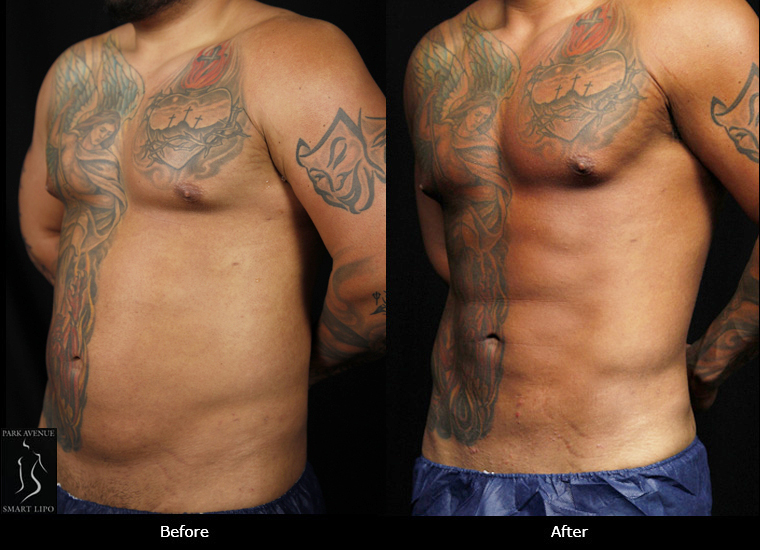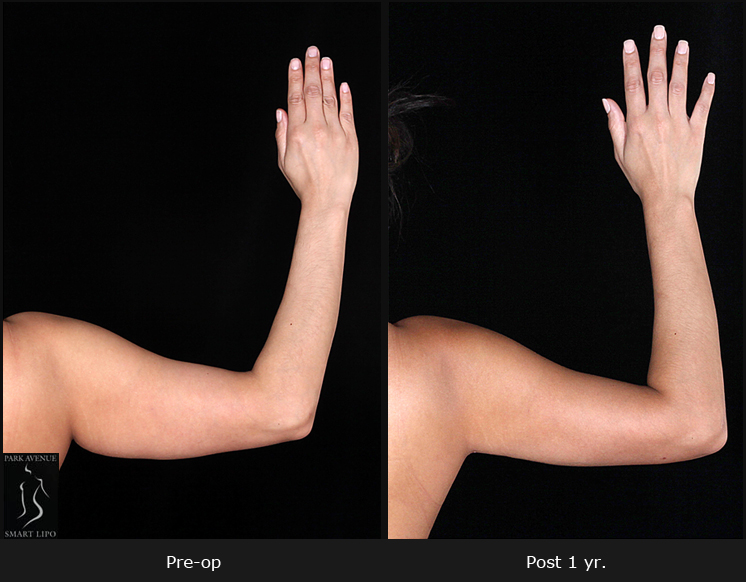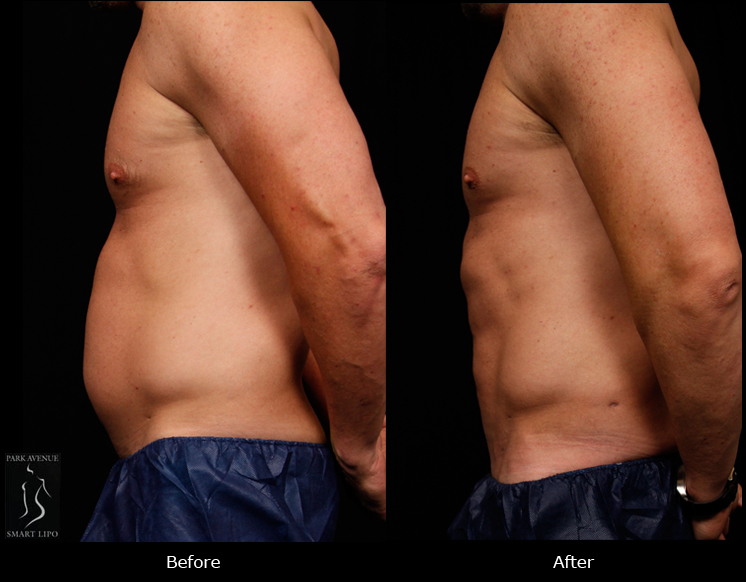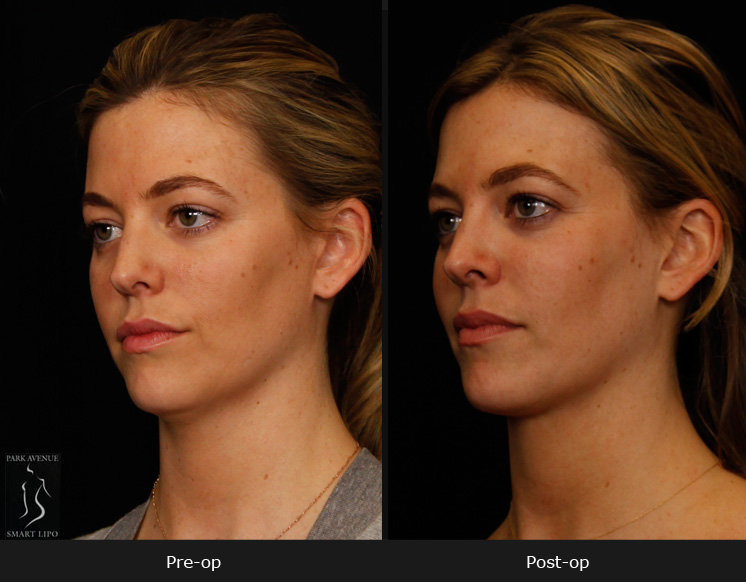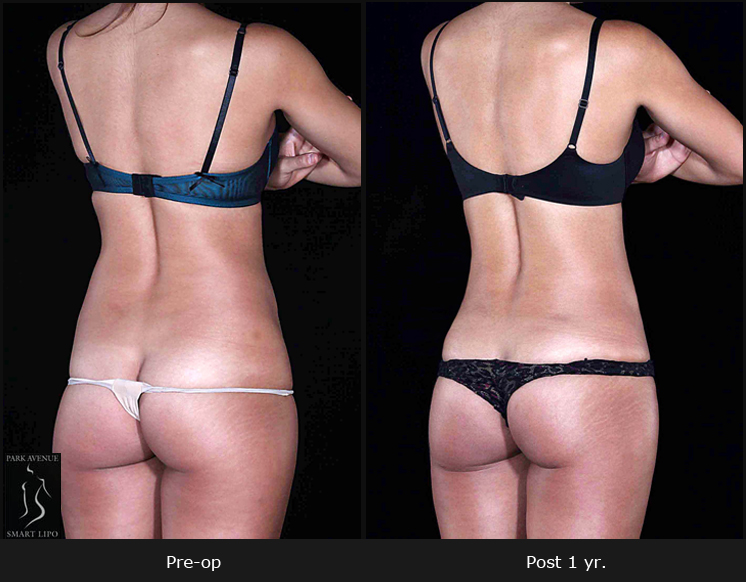For lean and sculpted legs, many prefer going for a healthy diet and exercise which could be a slow and taxing process. Thighs are one of the problem areas that many people are concerned about. Sometimes, genetics and body structure make it nearly impossible to achieve the results you are looking for. Thankfully, there are surgical procedures, Inner thigh liposuction or thigh lift that can address issues such as rubbing together of thighs, sticky thighs, and excess fat in the thighs.
Inner thigh liposuction can be a great option if you are looking to achieve an improved thigh contour. There are two methods available to perform this procedure. One is conventional liposuction and the other is laser liposuction using the Smartlipo Triplex workstation.
Traditional liposuction is an invasive method of removing unwanted fat cells that are resistant to diet and exercises. This cosmetic procedure starts with a small incision made on the area from where fat is to be removed. A small cannula is inserted and it requires physical manipulation to extract the fat. Mere liposuction on thighs does not provide any skin tightening benefits, so there is an increased possibility of dimpling or sagging after the procedure, particularly with older patients who have lost more of the elasticity of the skin. It also requires a longer recovery time.
The significant advancements in liposuction has introduced Smartlipo that received FDA approval in 2006. Smartlipo inner thigh liposuction uses the advanced laser lipolysis modality Smartlipo Triplex, a triple-wavelength laser system to liquefy the unwanted fat deposits in the thigh region. This minimally invasive procedure ensures tightening of loose skin and provides a more toned and smooth look. The device utilizes laser heat to soften or liquefy the fat, making it easier to remove with the cannula, typically resulting in less bruising for the patient. The addition of laser heat provides an added benefit of tightening the skin. Most patients are fully recovered in a couple of days, and they typically only need compression garments for a week. They also ensure outstanding results, faster recovery, and far less scarring.
Though liposuction is an ideal option, some patients may also need a thigh lift to improve skin laxity. If a person has skin laxity in the thigh area, thigh lift is recommended by most surgeons. A lateral thigh lift can improve saddlebag area skin laxity or cellulite and can be extended across the posterior midline to lift the buttocks as well. Combination with liposuction or single thigh lift procedures are done according to the patient’s need.
The best candidate for laser liposuction on thighs is one who has an ideal BMI but also has pockets of excess fat on both inner and outer thighs. It’s not recommended for patients with extremely wrinkled thigh skin, as the procedure may worsen the degree of wrinkling. As with thigh lift surgery, liposuction candidates should be in good overall health so that the procedure will not pose a risk to their overall wellness.
Only an experienced surgeon can decide on the right procedure that works best for you. Procedure selection completely depends on one’s skin laxity and the amount of fat to be removed. To perform inner thigh liposuction in NYC, choose an AAAASF-accredited plastic facility that offers the service of expert and skilled plastic surgeons. Seek advice from them to choose whether you should undergo liposuction (conventional or laser liposuction) or thigh lift, or a combination of the two as a single procedure or as staged procedures.

